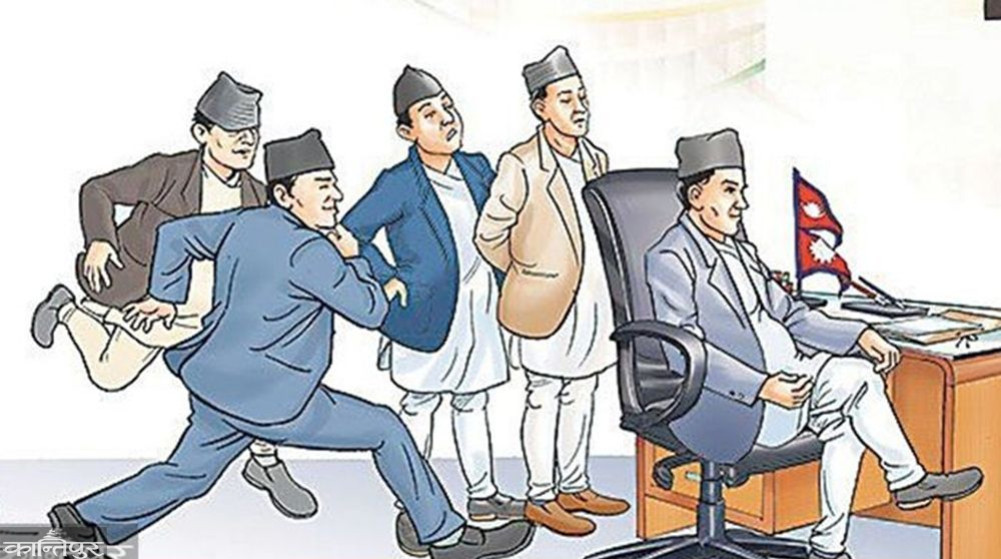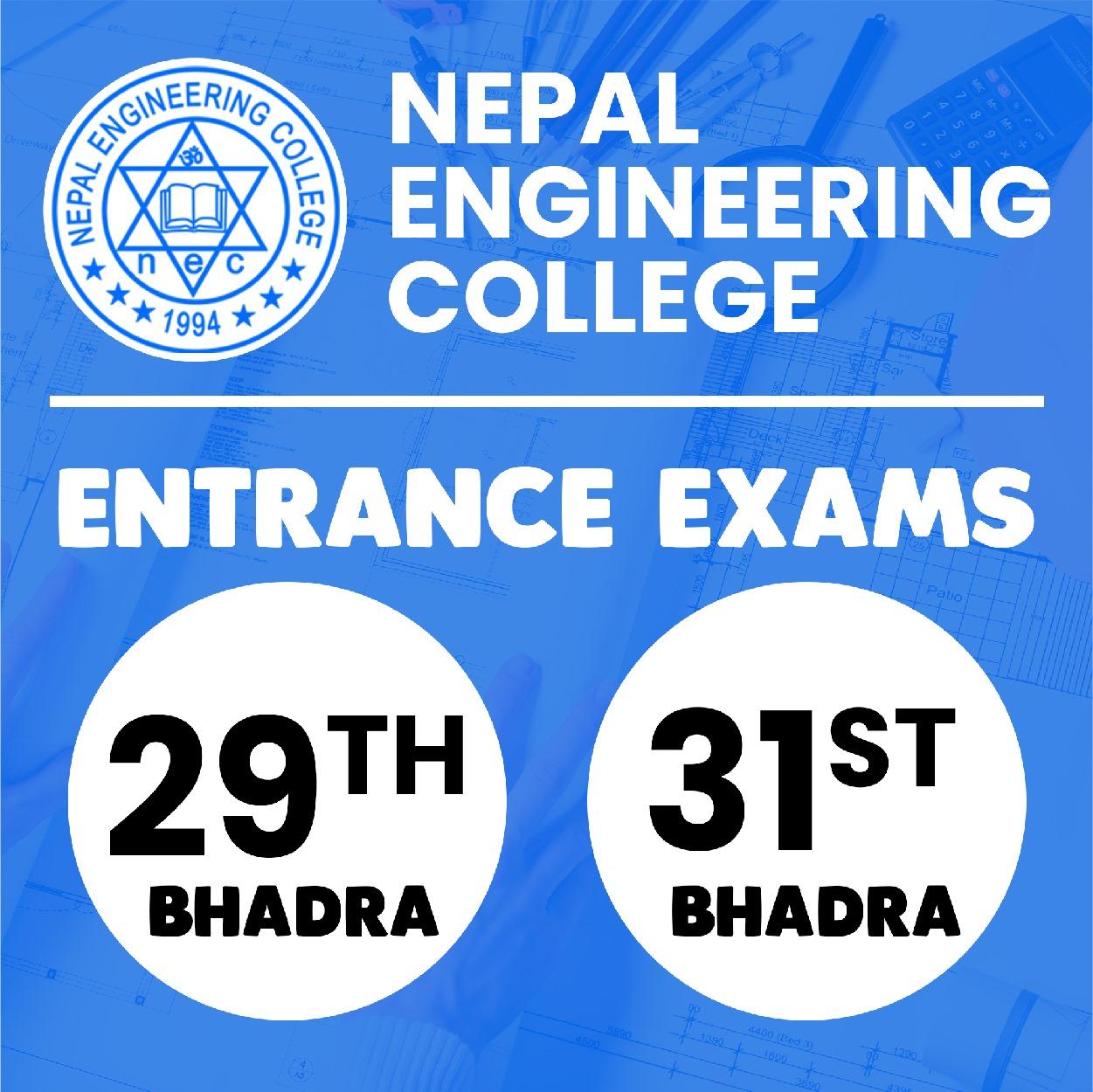Why should anyone protest?
We use Google Cloud Translation Services. Google requires we provide the following disclaimer relating to use of this service:
This service may contain translations powered by Google. Google disclaims all warranties related to the translations, expressed or implied, including any warranties of accuracy, reliability, and any implied warranties of merchantability, fitness for a particular purpose, and noninfringement.


I was in Mumbai in January 2004. It was then that I saw Medha Patkar for the first time. She was speaking to a crowd. That is, that day she was narrating the stories of Mumbai's dark alleys that shimmered in the glass world.



I was clapping in the audience. She was narrating the plight of marginalized people who were not seen by Indian democracy. I was listening to people's complaints and was complaining myself. I was moved by Medha's powerful speech and devotion to justice that day. I wanted to meet her that day. However, there was no time, the desire remained unfulfilled.
Hearing Medha in Mumbai, 20 years later (February 2024) she was coming to Kathmandu. The context was the World Social Forum. As soon as I heard the news that he was coming to Kathmandu, I requested the organizer - please meet me. The appointment was being arranged, suddenly I had to go to Itahari. Because the 'Citizens First' campaign was holding a program in Itahari. What to do now? I wrote a message to Medha along with my introduction saying, 'I want to talk to you. What should we do?' She asked a natural question, 'What do you want to talk to me about?' He said, 'I want to hear about the journey you are on in the struggle'. It was advised to use 'Wastap'. Then we had a conversation when I was going to Itahari from Kathmandu and he was coming to Kathmandu from Patna. I would send a question on whatsapp, she would reply. At the same time, she told stories of her experience and movement, talked about knowledge and experience. Narrated - many stories of the fight taking place on the ground. As I listened to the reply, I felt that I am not talking to a leader of the Narmada Save Movement, but to the Narmada River itself, which is constantly on a journey of struggle and its religion is to keep flowing. After the
conversation, when I listened to his answers again and again, I felt that there were still some questions left for me to ask him. That is, I had to ask him, what does struggle mean to him? I had to ask, why is she always in a frenzy in Ekbar Juni? What is it that never lets her rest? Or, what motivates a person to continue protesting throughout his life? Today, I will write something based on the same questions I asked Medha Patkar, which I did not ask, and the story of Medha Patkar's struggle will be at the center.
• • •
Medha Patkar was born in 1954. These seventy years were the years of his life, in which he never rested. When the door of consciousness opened, the movement began. He was thus inspired by the river Narmada to struggle, after which his life flowed in its wake. That is, the Narmada Save Movement was formed. However, that was not enough for him. That's why sometimes she marched forward saying 'save the house, build a house', sometimes she shouted slogans of justice saying 'save the life'. Sometimes she started to organize the farmers of Nandigram, sometimes she fought for the land of Hiranandini. Sometimes she tried to raise the sovereignty of the floor by saying 'Lok Sabhase Uchi Gram Sabha', sometimes she called the river as mother and walked around saying the sign of environment and life. She joined many movements. But more than that, it became a complete movement itself. In this way, she went on building the meaning of being herself and became Medha Patkar.
She was a meritorious student of Tata Institute and Social Science. She wanted to do PhD. It was a time when the Indian government was making big dreams of development - the dream of industrialization, expansion of roads and railways, dams! The government launched a massive project in 1979 to build dozens of dams on the Narmada River and its tributaries. It is said that it was Jawaharlal Nehru's dream. The ruler of Delhi was delighted with the excitement of the 'Wig Dam'. It was a time when the market was heated by exciting stories of big infrastructure, big investment and big impact.
Medha visited the Narmada Valley in 1985 after hearing about the Narmada Dam project. She wanted to hear more from the locals than the thrill of the dam. When she reached the 'Sardar Sarovar' construction area, the situation was completely different. The project was not only huge, but the crisis it created was also huge, which destroyed many acres of fields, fields and forests. The project was such that there were many traps for the common man and there was no escape. The rulers wanted to extract water and electricity from the Narmada to supply development to Gujarat, Madhya Pradesh, Maharashtra and Rajasthan. However, they had no interest in the people living on that shore. No one was talking about displacement, nor resettlement. Government people used to talk about the cost of dams, but were oblivious to the human and natural crisis. The dreams of thousands of families were drowning in the sapna dam, but the ruler was happy to imagine the waves of water floating in the lake. Medha came to know that the World Bank is involved in this project and he wants to complete the project by putting a lot of pressure on the Indian government. From that visit, Medha came to know the state's indifference towards its citizens. There was an eerie silence about the life and livelihood of Nirdha people. Medha was inspired to speak loudly by the silence of the people. He felt that struggle is essential.
From 1989, she started organizing the people of Narmada Valley. And, the Narmada Save Movement was formed. Sardar Sarovar (Gujarat) became the center of the movement, in which thousands of citizens from Madhya Pradesh, Gujarat and Maharashtra came to join. The movement mainly highlighted environmental, social, economic and humanitarian issues. The issue of compensation and rehabilitation was raised. The movement also sparked legal battles and resistance grew. Meanwhile, in 1990, the Narmada Save Movement organized a rally of thousands. The rally proceeded towards the 'Sardar Sarovar' construction site from northern Madhya Pradesh. Police crackdown. However, the protestors strongly resisted. Over time, the leaders joined the hunger strike, became resistance. As a result, the World Bank withdrew from the project in 1993. Along with the resistance, the legal battle also progressed. That is, the government was forced to think about the people in the project area.
She said, "This was the birthplace of the Narmada Save Movement". While listening to the description of the movement, some questions came to my mind, after all, what is the alternative to development? Is it always just by protesting? She said, "Of course, development is needed. But, here are some things. First, when talking about development, the question arises of what kind of development and development for whom. Second, the river itself is a living heritage. It is not a dead thing. Hence it is called 'Mother River'. However, today the river is dying either due to pollution or due to big projects and dams. If you keep killing the river like this, one day the earth will also die. Thirdly, there should be another principle of development, which is that it should do full justice to the people of the affected areas. Indifference to poor people, tribals, poor and Dalits does not lead to development. Fourthly, in the name of development, big organizations of the world come in the name of loans and grants and put unnecessary pressure on a state like ours. Thus neither the country is sovereign, nor the citizens. Fifth, if we work in this way, the environment, life, country, self-respect are all played in the name of development. What kind of development? The U.S. has so far demolished the smallest 1951 dams. More than 4 thousand dams were destroyed in European countries. Over there, alternatives to big dams are being sought, over there we are building them. It's the other way around. As for Sulto Bato Chain, our rivers should be uninterrupted and pure. The relationship between river and people should be made alive and loving. Otherwise, how can you move forward by walking backwards?'
• • •
One day, the Maharashtra government decided to demolish more than 75,000 poor houses in Mumbai as part of the city development and expansion project. This was around 2003. Needless to say, between 2003 and 2004, thousands of houses were razed in Mumbai. Millions of people lost their lives. Midwives came to the streets. Children became homeless. The government forgot its election promise and ran a dozer on the dreams of the citizens. To resist this injustice, Medha started the 'Ghar Bachao, Ghar Banao' movement. It was such a movement that thousands of people demonstrated at Azad Maidan in Mumbai demanding housing. And they built a house in their old place. Thus people learned to fight against injustice and understood the importance of struggle.
It's simple, the Coca-Cola company gets plenty of water, but the citizens die of thirst. What injustice is this? In the name of development, the government demolishes the houses of the poor - neither advises nor gives alternatives. What is a greater injustice? In the name of building dams, the river is exploited and no one shows any sympathy for the people on the banks. Does this even happen? It is the year 2019. One day, the Narmada Valley became a year of gharghor. Sardar lake was filled up to 138.9 meters. The flood inundated and eroded everywhere. There the citizens were drowning, the lake staff were celebrating the Prime Minister's birthday. When all was destroyed, the gate opened only twenty-four hours later. What is greater negligence? How can the world become beautiful by keeping such contempt and suffering towards the common man? What's the point of enjoying yourself while starving millions of people?
Medha, who saw all this injustice before her eyes, felt that it is necessary to build the power of common people. Then it became - 'National Alliance for People Movement'. The movement launched a vigil against liberalism, casteism, bigotry, rampant corruption and injustice rampant in India. Civic organizations and people from Andhra Pradesh, Assam, Bihar, Chhattisgarh, Delhi, Gujarat, Haryana, Jharkhand, Karnataka, Kerala, Madhya Pradesh, Maharashtra, Odisha, Punjab, Rajasthan, Tamil Nadu, Uttarakhand, Uttar Pradesh and West Bengal joined it. In his view, it is a relentless movement that honors Mahatma Gandhi, Bhimrao Amvedkar, Ram Manorah Lohia, Jyotirao Phule to Karl Marx, whose aim is justice and equality.
Prime Minister Modi commented on Medha Patkar and the Alliance for People Movement saying that 'all these are Sahariya Naxals'. Perhaps Modi wanted to arouse public hatred towards the Justice Movement by accusing them of being militant communists. She said, 'When the immense faith of the citizens towards the movement increases, such hatreds are limited to fleeting hatred.'
• • •
I asked - are you a socialist? She said, 'Of course I am a democratic socialist. That is the option today. The future world must move to a new pattern of respecting human labor. The way big industry is ruining the small capacity should be stopped. Mainly how to stop the exploitation of the environment, its alternative is necessary. Our slogan is Lok Sabha Se Uchi Gram Sabha. This means that the floor must be strengthened. Let's change our development priorities. Let's seek development that gives justice to everyone rather than making money. Today's 'vulgar iniquity' will get us nowhere. So today's choice is equality and justice. Without it, the earth is worthless and uninhabitable.'
She was the keynote speaker at the World Social Forum, Kathmandu. So my question was natural, what is the World Social Forum? Does it have any meaning in world politics? She said, "Social platforms give a 'space' to those who are struggling to speak their mind." It makes us realize that we are not alone and that the movement for justice is worldwide. Today, a world movement is necessary to end the way 'Global Capital' is 'imposing' laws to make anti-farmers, workers, anti-poor laws. The platform is its living effort. As the capitalist rulers of the world are united today, we socialist citizens must also be organized to challenge it. In this sense, the platform has brought us together. This is the place of our common dreams. Because, as we know, the journey begins only after the dream. So we dreamed and started the journey. One link of that journey is the World Social Forum. It is a platform of choice, a platform of debate and a platform of struggle. That is why the slogan of the World Social Forum is, 'Another world is possible.'
I asked – is another world possible? She said, 'Of course, otherwise this world will be alien to them, who sweat but do not get justice. Another world will be created when justice, self-respect and prosperity are ensured for all. That is the beautiful world we are looking for.'
At the end, a question came to my mind, should I always struggle? This is a question I did not ask him. People do not get tired of protesting? This is also a question I forgot to ask her. I don't know how she would answer these questions. Perhaps her answer would have been, 'There is no such thing as fatigue in the fight for justice.' Or she would have said, 'Even if I take a thousand lives, I will continue to struggle. Because when the mad horse of power destroys the lives of citizens right in front of their eyes, struggle becomes inevitable. What is more despicable than seeing a crisis, stopping the struggle and smiling that everything is fine!'
I thought, there is injustice in the world, there is resistance and there are brave people who are struggling. One of them is a brave and tireless leader – Medha Patkar. From him our generation of leaders have many topics to be learned. One of them is that constant struggle. After all, there are those who have struggle, so the truth is alive in the earth. & Nbsp;
 प्रकाशित : फाल्गुन १२, २०८० ११:०९
प्रकाशित : फाल्गुन १२, २०८० ११:०९

 २१.१२°C काठमाडौं
२१.१२°C काठमाडौं
















